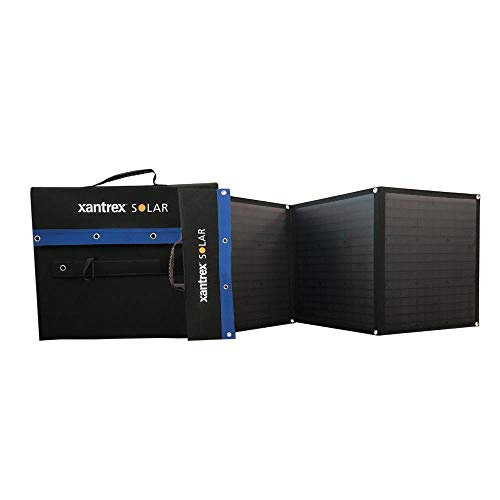I've got... if I were to get the engine rebuilt[,] would that drastically improve my fuel efficiency?...
.
Bore and stroke plus compression ratio are the major determinants for fuel consumption.
For a gasoline engine, another factor is carburetor versus injection (although the computer(s) controlling the injection system are subject to tinkering).
.
A certain amount of fuel is needed for the combustion cycle.
Using the 'bore times stroke' formula, not much can be done to alter physics.
(Unfortunately, after about 2006 or so, many vehicles get worse fuel economy than an identical older sibling.
In an effort to reduce tail-pipe emissions, more fuel is required.
Weird, eh?)
.
Instead of re-building your engine -- as long as it is functioning reasonably-well -- I suspect the 'nut behind the wheel' is still the primary influence on mpg [recently chided -- and still stinging (Yee-OUCH!) -- for using an abbreviation instead of stating the complete phrase, let it be known to all:
* 'mpg' is my personal shorthand for 'miles per gallon'].
.
Another point:
* recouping your investment at a few fractions of something something per daily use... I think you are looking at decades.
A lot of fedbux, very tiny reward.
.
This discussion ignores the vehicle down-time.
R&R [removing and replacing] an engine assembly is a significant undertaking, requiring specialists and specialized equipment.
Can you do without your rig for a month (if everything goes perfect (a yuge 'if'!)), potentially missing a few festivals or a hot-date with the next Forever Mate?
.
And you risk fumbling one strategic wire, bumping one of the computers just the wrong way at just the wrong time, or introducing contaminants into the fuel system or the wiring system or the cyber-system.
.
Perhaps a different vehicle might suit your RequirementsStatement?
.
.
An aside:
We full-time live-aboard.
We rarely travel more than a hundred miles a month.
Fuel is a very minor part of our budget.





























































